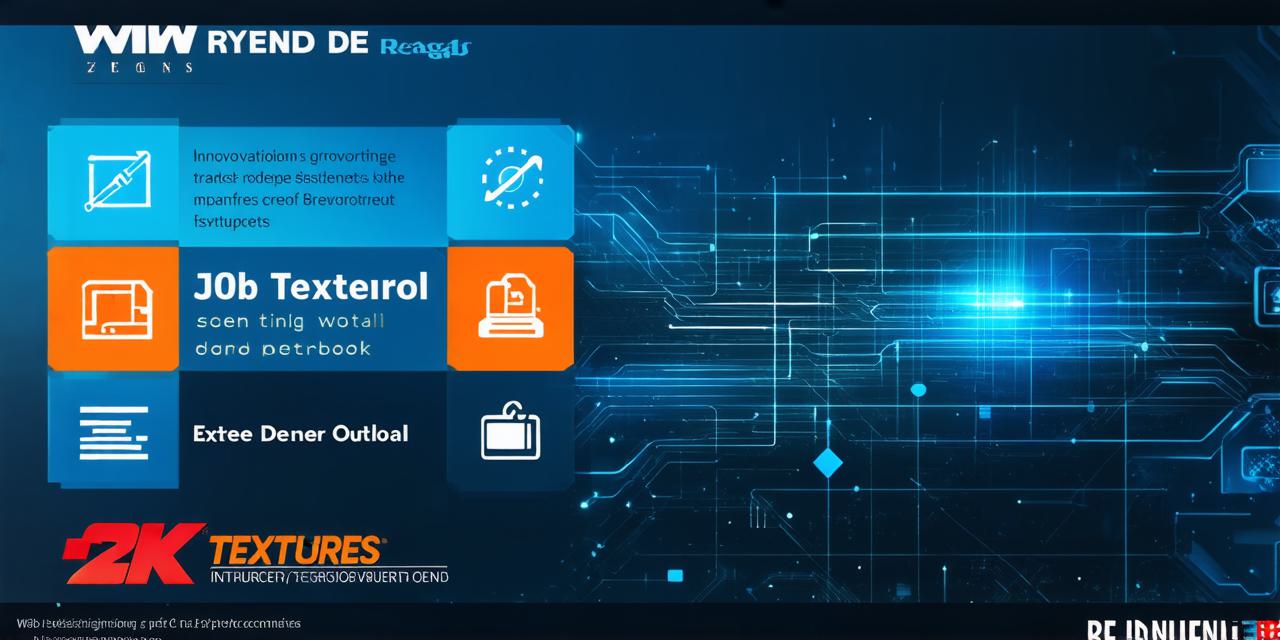
In the dynamic world of technology, web design continues to be a thriving field. As businesses increasingly rely on digital platforms, the demand for skilled web designers is soaring. Let’s delve into the promising career outlook and explore the job market trends that await aspiring web designers.
The Rising Tide: Job Market Trends
- Mobile-First Design: With mobile devices accounting for over half of web traffic, mobile-first design is no longer a trend but a necessity. Mastering this skill can open doors to numerous opportunities.
- User Experience (UX) & User Interface (UI) Design: UX/UI design has become a critical factor in user retention and conversion rates. Web designers who excel in these areas are highly sought after.
- E-commerce Web Design: The e-commerce sector’s growth is fueling the demand for web designers skilled in creating seamless, intuitive online shopping experiences.
Opportunities Knocking: Where to Find Them
- Freelancing: Freelance platforms like Upwork and Fiverr offer a wealth of opportunities for web designers. They allow you to work on diverse projects from clients worldwide.
- Agencies: Working in an agency can provide steady work and the opportunity to collaborate with other creative professionals.
- In-House Roles: Many businesses, particularly e-commerce companies, have in-house web design teams. These roles often offer competitive salaries and benefits.
Success Stories: Real-Life Examples
Consider Sarah, a self-taught web designer who started freelancing on Upwork. Within two years, she built a reputation for her mobile-first designs and UX/UI expertise. Today, she works as an in-house web designer for a leading e-commerce company.
The Future: Predictions & Recommendations
- Augmented Reality (AR) & Virtual Reality (VR): As these technologies become more prevalent, web designers who master AR/VR design will be in high demand.
- Accessibility: With the increasing focus on inclusivity, web designers who prioritize accessibility will find themselves at the forefront of innovation.
- Continuous Learning: To stay competitive, it’s essential to keep learning and adapting to new technologies and trends.


